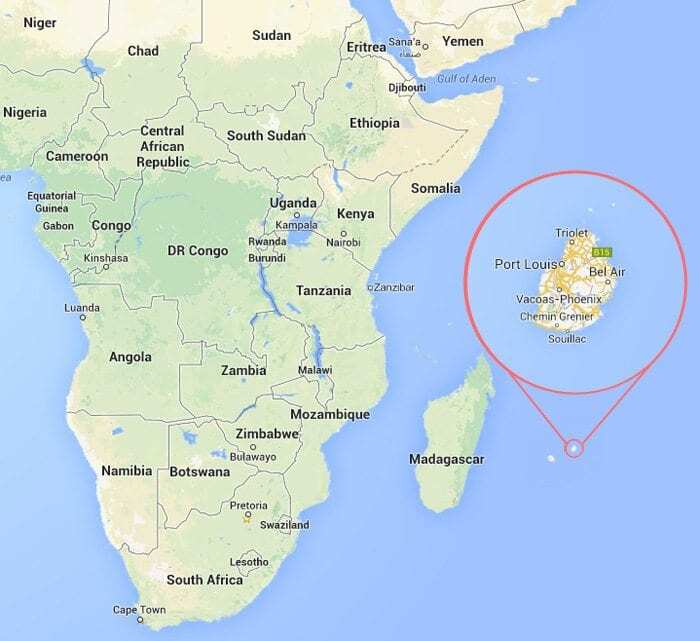Vinay Guddye
Head of Department – Outward Investment
Vinay, tell our readers about your shipping career, where and how did it start? What is your nationality and where have you lived and worked before settling in Mauritius.
My Profile:
- Bsc. in Electro-Mechanical Engineering
- Msc. in Business Leadership
- Regional Supply Manager for Unilever, Africa, Middle-East and Turkey (AMET)
- Senior Manager, Supply Chain for PBL, Mauritius (Coca Cola Bottlers in Mauritius)
- Head of Aid & Relief vertical for Damco (Maersk logistics) in East Africa
- Head of Business Development of the GSK Group of Djibouti (Agency for Maersk, Damco, APMT, NYK lines, Inchcape Shipping Services, DHL etc.…)
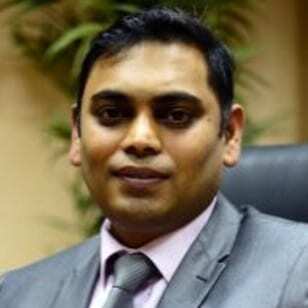 I am from Mauritius, a small island in the middle of the Indian Ocean with around 1.3 million inhabitants. Known for being a tourist destination. Mauritius is quickly turning into a Service Hub in the region, mainly through the evolution of its Mauritius International Finance Centre (MIFC).
I am from Mauritius, a small island in the middle of the Indian Ocean with around 1.3 million inhabitants. Known for being a tourist destination. Mauritius is quickly turning into a Service Hub in the region, mainly through the evolution of its Mauritius International Finance Centre (MIFC).
I spent 6 years in Cape Town, South Africa where I studied at the University of Cape Town and graduated as an Electro-Mechanical engineer. I spent a further 7 years in South Africa working for Unilever. I then took up various positions in Mauritius, Uganda, Kenya, Djibouti/Ethiopia and UAE (Abu Dhabi) before finally settling back in Mauritius last year.
My career started as a project engineer at the Unilever tea packing plant in Pietermaritzburg, South Africa before I joined the supply chain team and eventually ending my Unilever career as the Regional Supply Manager for Africa, Middle East and Turkey (AMET).
In 2011, I joined Maersk Logistics (now Damco) to lead the Aid & Relief efforts across East Africa. This was a unique experience as back then, the Famine in North Kenya and more importantly in Somalia was potentially the worst famine recorded in recent times. The Damco team moved nearly 1 million tons of food aid on behalf of the World Food Program. We faced several challenges ranging from potential pirate attacks for the vessels en route to Mogadishu and terrorist threats to our trucks linking Mombasa and Nairobi to Dabaad, which was the largest refugee camp in the North East of Kenya, with over 1 million refugees at its peak, mostly from Somalia.
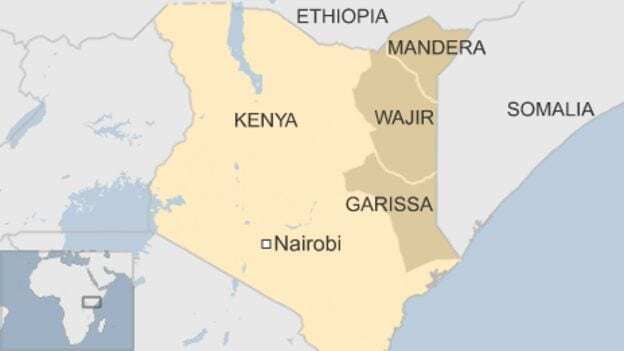
In 2012, I joined a conglomerate in Djibouti, the GSK group. A holding company with an executive interest in various competing international shipping and logistics companies, ranging from DHL, UPS, SDV Transami (Bollore Group), Maersk/Damco, Aramex, Inch Cape Shipping services and NYK lines. The services of the company consisted of almost all services required to conduct a full logistics value chain proposition for Djibouti and Ethiopia; starting from warehousing, Free Zone management, trucking, equipment rental / heavy lifting, clearing and forwarding, shipping, stevedoring, and marine surveying. The only missing link were the financial services of marine insurance and project financing. As Head of Business Development for the group, this was a perfect academy to fully understand the world of shipping and logistics.
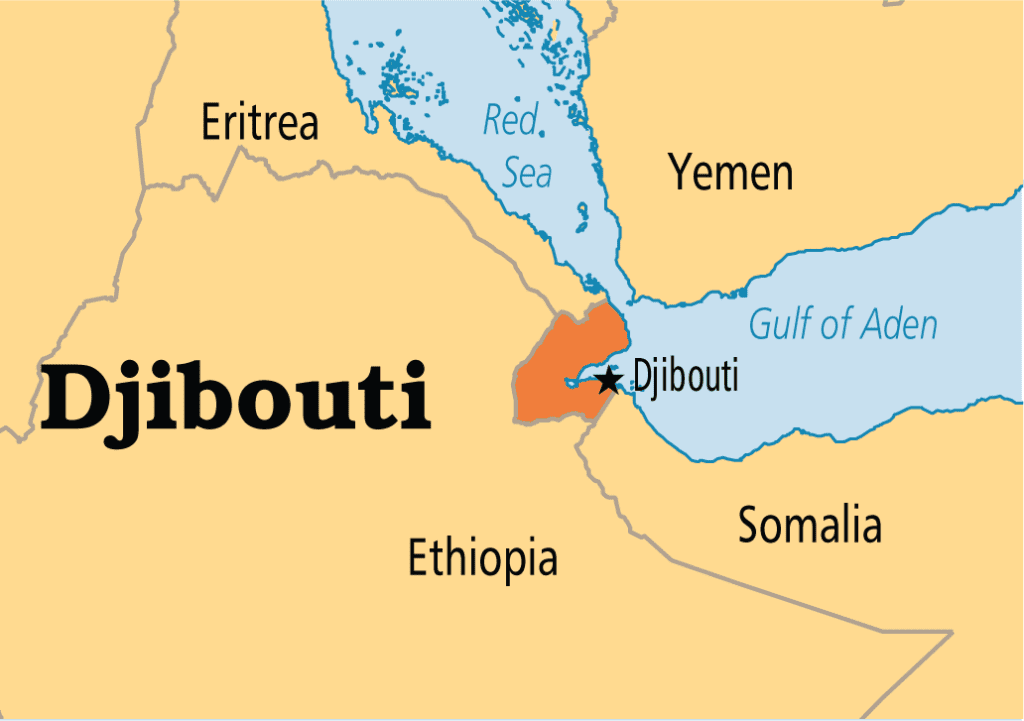
In 2014, I moved to Abu Dhabi, where I took up a position as Supply Chain Director for Foodco Holding LLC, with the main company being an FMCG company.
In 2015, I launched a logistics company, as there was clearly a gap on the market with Abu Dhabi representing almost 50% of the logistics market in the UAE but with the bulk of logistics companies based in Dubai to service Abu Dhabi. It was therefore logical to offset the balance, build the capacities to better tap into the opportunities that the vast infrastructure projects being implemented by the Abu Dhabi government in developing its sea port, the Free Zone of KIZAD, the railway project to connect Qatar to Dubai through Abu Dhabi and the mega airport with its Aerotropolis under construction.
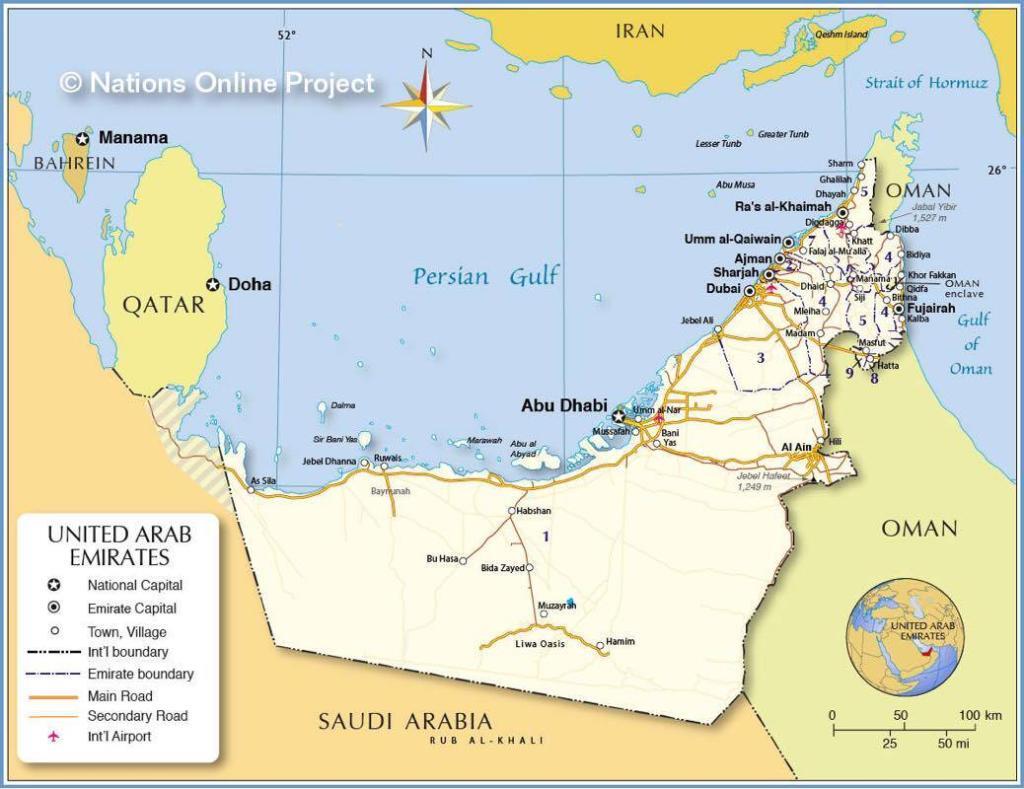
After, launching the logistics company, I moved to Mauritius where I joined the Board of Investment, Mauritius as the Head of Outward Investment and the Africa Centre of Excellence. This is a sharp transition from the technical world of engineering, Supply Chain Management, Shipping and Logistics to policy advocacy and networking to promote investment into Africa with Mauritius as a regional Financial Hub.
Indeed, the world of shipping and logistics has allowed me to build an extensive network across East Africa and the Middle East. At the end of the day, whether providing logistics services or driving investment, they both rest on creating the right corridor with trusted allies and tested capabilities. And in both cases, one needs a vast and reliable network to be successful.
Elaborate a bit on your experience in shipping & project freight forwarding in Africa – not many have your kind of experience and I believe many of our readers with interest would like to know more about working/living in Africa.
I believe that Africa is an excellent training ground for anyone keen to become a thorough specialist in logistics, shipping & project freight forwarding. It requires sets of skills that would have taken years to develop in other parts of the world. Do not get me wrong, every country/continent have their own challenges and specificities, but I believe in Africa the “set of challenges” is what makes it unique. One must overcome the shortage of equipment, be it trucks or lifting equipment, lack of infrastructure such as warehouses with a proper warehouse management systems, poor connectivity (road condition or simply no road at all) and below par port facilities, border posts etc.
For example, to deliver a container to eastern DRC from the port of Mombasa, one must consider loading the container using a normal 2 x 6 tractor head from Mombasa to the border of eastern DRC, and during rainy season, unload the container onto a Barge to cross the river and potentially on a 6 x 6 tractor head and trailer on the other side of the river. The total cost for such a transit will exceed USD 10,000. Even normal deliveries to major cities such as Kampala or Juba will take at least a week and will cost around USD 4 – 6,000 per TEU. On top of that, other intricacies such as corruption, reliability of port systems and customs systems hamper smooth operations. At one point, we had over 40 loaded trucks blocked at the border between Uganda and South Sudan for over a month despite having all the legal documents and clearances.
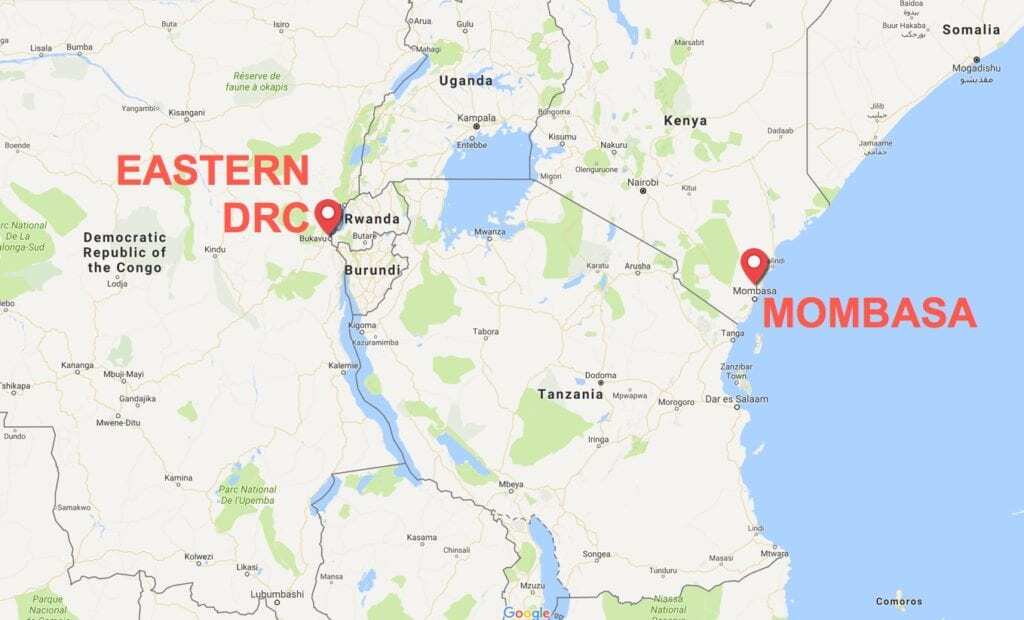
To be successful in Africa, one needs to build a strong network with truck owners in every city, equipment rental company owners, owners of warehouses/large buildings capable to act as an ad hoc warehouse when required, yard owners and most importantly key officials at the port, border posts and all respective institutions responsible to approve clearances for plant products, animal products, pharmaceuticals etc…. Of course, for an expatriate to acquire such a network in a short space of time is impossible, hence poaching of the most experienced and connected resources prevails across the sector. One often spends time and effort training resolute locals only to lose the resource to another multinational!
The point is: if you must conduct a risk analysis before undertaking a freight forwarding project in Africa, you will probably tick all the boxes when it comes to Africa. Yet, success in Africa offers a distinct sense of achievement. Sometimes, the slow pace of things also allows one to take the time to enjoy the true Africa which are its mountains, rivers, valleys, safaris and wildlife unique to the continent. Unlike, the general perception one may have, Africans are generally very amicable, enjoy having fun and yet extremely hard working and reliable.
I was lucky enough to be based in Nairobi before the fear of terrorism. The city however still offers a good blend of luxury and ruggedness. The sort of mix that does not allow you to get bored, unless you get caught in the Nairobi traffic on a rainy day where it might take you 5 hours to travel 10 kilometres across the city.
Having said that, East Africa is investing in improving connectivity. The Mombasa-Nairobi Standard Gauge Railway was inaugurated last month. Plans to connect Nairobi to Ethiopia, Uganda and Rwanda have been laid. The East African Community (EAC) has already set a common platform for customs clearing and they are even considering a single currency for countries in the EAC bloc. It seems, regional reforms are well underway to transform the connectivity and make trade and infrastructure development the backbone of economic growth in that part of Africa.
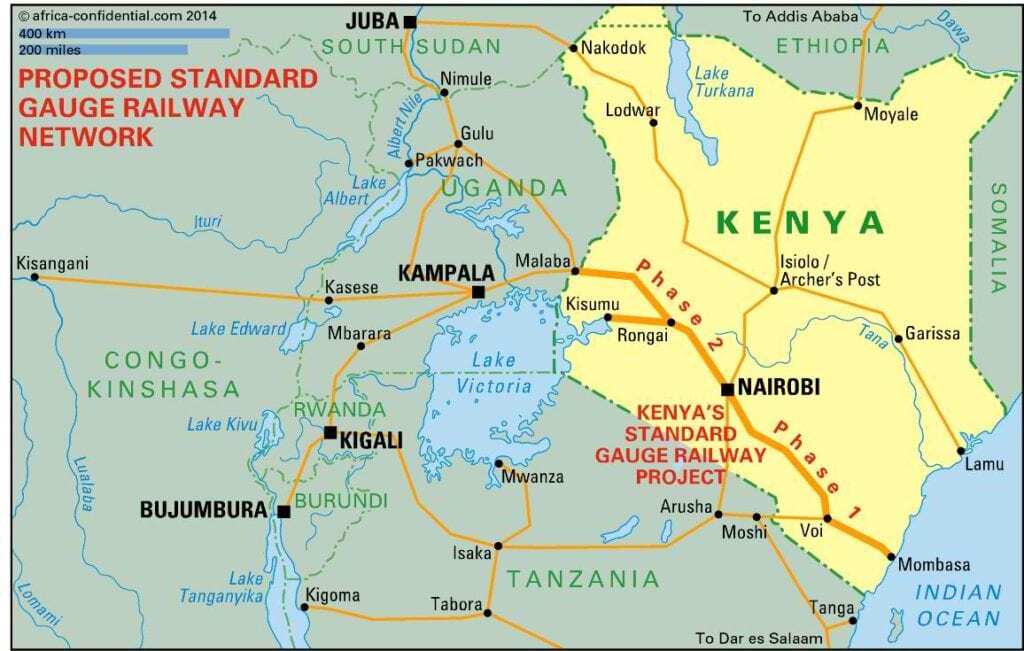
It is worth noting that accordingly Africa needs more than USD 100 billion on infrastructure development annually over the next five years. This certainly shows that the need for project cargo services on the continent can only be on the rise and I believe Africa is one of the few regions where investment in project cargo capabilities will without any doubt deliver high returns.
Tell us about some of the most difficult projects you have handled in shipping. Could you provide a few examples, pictures perhaps?
One of the most memorable project I was part of was the movement of a cement grinding mill weighing over 120 metric tons from Mombasa, Kenya to Tororo, Uganda. The project required the importation of a modular, multi axle trailer and it took us over a month to reach destination. The success of such a project was down to the excellent road studies conducted by the engineers to understand the bridges that would not sustain the load and where and how temporary rock bridges could be erected to cross rivers and mountains. Coordination of the authorities, municipalities and utility engineers along with lifting and earth moving equipment along the way in every town, next to every river, bridge or valley was the actual success factor.
However, my most difficult project on the continent was the setting up of an air cargo company in Djibouti. The rationale was to use Djibouti as a hub to provide sea and air solutions to land locked countries in Africa, such as South Sudan, Chad and parts of Ethiopia, DRC and Uganda. Reaching some destinations inland by truck in Africa may cost well over USD 10,000 per TEU, sometime with lead times exceeding a month. Therefore, developing a sea air solution was a realistic project with a view to considerably reduce lead time, ensure safety of cargo at a marginal premium. To that end, GSK signed an agreement with an UAE based airplane leasing company to position an IL71 cargo plane capable to load Three TEUs or 44 tons. The UAE partner a pay on use basis for the first 6 months.
An agreement was also reached with various ministries and authorities in waiving the parking fees for the cargo plane for the first 3 months to allow the new company to build a sustainable position. It however took the newly set team around 10 working days to secure its first contract and the plane had to fly to Entebbe to pick up cargo for the UN. However, to our surprise the authorities grounded the plane and insisted on full payments of the parking fees over the two weeks the plane had been standing at the airport. It felt like being in the story where the goose laying the golden egg was slated in anticipation. Similarly, our UAE partner eventually pulled the plane back to the UAE and killed this initiative that could have positioned Djibouti as a key Hub in Africa for Sea-Air solution.
Tell us about your goals at the Board of Investment Mauritius. Does your shipping and logistics background come to good use in your new job?
Mauritius has gone through a wonderful evolution, starting as a monocrop economy at its independence in 1968 with a GDP per Capita income of only USD 400. The island, then invested in developing its manufacturing capability in the 70s and 80s through the promotion and development of its textile sector, then diversified into Tourism, Financial Services, ICT and Professional Services. Today, the GDP per Capita stands at just under USD 10,000. However, as a Small Island Developing State (SIDS), the country faces enormous challenges as its remoteness and small market size does not allow for economies of scale and along to being an open economy, local manufacturing is fading year on year at the expense of a growing trade deficit.
Hence, to continue our evolution towards a high-income country by 2030, the government’s vision is to consolidate on its Africa Strategy. Mauritius adopting the policies to transform into the “Hub” for the continent. Already the Mauritius International Financial Centre (MIFC), structures around USD 20 billion of Private Equity fund into the continent, making Mauritius the single most important financial Hub for the continent. In Sub Saharan Africa, Mauritius with a Moody’s rating of Baa1, is the only investment grade country in this part of the world. Mauritius also recently launched its regional arbitration centre to tackle litigations and commercial disputes for the continent at a more competitive rate. The government has recently introduced incentives to set up Regional Headquarters that can conduct administrative, planning, and back-office support services for operations in Africa. The air connectivity is also being improved with two new destinations on the continent launched recently and Bilateral Air Services Agreements (BASA) being negotiated with several African states.
My job thus is to promote investment onto the continent using Mauritius as a jurisdiction to structure the investments. Our globally renowned, safe and stable environment offers the safety investors and project promoters alike are seeking in Africa. My office also acts as a repository of economic intelligence for the continent with a network of 32 MOUs with Investment Promotions Agencies (IPAs) across the continent. We compile continental and country macro-economic data and dissect sectorial micro data to “guide” Mauritian based economic operators and investors towards safer economies and bullish sectors.
My shipping background, certainly comes in handy. Having been on the receiving end of poor infrastructures, red tape, corruption and poor connectivity, I now have a chance to help the country and to some extent part of the region to improve the situation through policy advocacy. Predominantly for Mauritius, but I am glad to see our African brothers following the lead of our tiny island and undertaking serious infrastructure projects while also addressing bureaucratic inefficiencies. Policy makers tend to focus on tariffs as main barrier for trade and investment. However, having been on the ground, we understand the bulk of non-tariff barriers that hinders free movement of goods and cash.
Finally, I hope that eventually, we manage to convince the authorities in the Indian Ocean to launch a cabotage service/liner service linking the Indian Ocean islands to key markets in East Africa. This should allow Mauritius to then develop into a free zone economy, achieve economies of scale and compete in a wider market.
I am sure that some of our readers would be interested to know more about Mauritius, not only as a holiday place to go but perhaps also as a place for investment, banking etc. What you can tell such readers? Whom to approach? What kind of future is in store for Mauritius?
Mark Twain once described Mauritius as a heaven on earth: “Mauritius was made first, and then heaven; and that heaven was copied after Mauritius.” Indeed, our tropical island is best known as a world class tourist destination with luxury hotels on white sand beaches with volcanic mountain backdrops. The tourism industry has experienced robust growth for decades and remains one of the main pillars of our economy. Today, more than 1.2 million tourists visit Mauritius annually from around the globe.
Notwithstanding the upswing of the tourism industry, over the years, successive Governments have strived to expand the economic base of Mauritius thus ushering a well-diversified, stable and sustainable economy. Mauritius has developed a thriving business environment and is regarded as one of the most competitive country for doing business in Africa and is a shining light on the continent. Undeniably, the country ranks among the top performers on a number of international indices such as the World Bank Ease of Doing Business, World Economic Forum Global Competitiveness, Mo Ibrahim Index of African Governance amongst others.
Mauritius is a small window offering an ocean of opportunities to investors. Foreign Direct Investment surged to an unprecedented amount of USD 385 million in 2016 on the back of robust performance of the hospitality and property development sector and financial services sector coupled with rising influx in the manufacturing sector and other emerging sectors. Besides, foreign investors are increasingly using Mauritius as a base to set up their Regional Headquarters.
The Board of Investment of Mauritius, being the national investment promotion agency, is responsible for the promotion and facilitation of investments in Mauritius. Its mission is to contribute towards high sustainable and inclusive growth through the creation of long-term economic activities and high-end jobs in an environment conducive to international business. BOI acts as a strategic partner for companies willing to use the country as a platform to invest in Africa.
Mauritius offers a wide range of investment opportunities across various sectors, namely, agro-industry, financial services, healthcare and biotechnology, hospitality and property development, information technology and business process outsourcing, logistics and distribution services, creative industry, manufacturing, light engineering, renewable energies, seafood and aquaculture.
Mauritius has a unique business friendly environment coupled with a healthy investment climate that makes it an attractive investment destination:
• Harmonized corporate and income tax of 15%
• No capital gains tax
• Up to 100% foreign ownership
• Exemption from customs duty on equipment
• Free repatriation of profits, dividends and capital
• No minimum foreign capital required
• Business operating costs remain affordable compared to other emerging business centres
Moreover, with its rich history and a mix of various cultural values, Mauritius is a privileged country to live in. An attractive and thriving place for business with an incomparable art de vivre, Mauritius is home to the citizen of the world.
In its pursuit to become a high-income economy, Mauritius is actively encouraging foreign talents, know-how and investment into the country. Foreign nationals wishing to work, live or retire in Mauritius may explore various avenues either through the Occupation Permit, the Residence Permit or the Permanent Residence Permit. They are also eligible to acquire property in Mauritius under prescribed conditions.
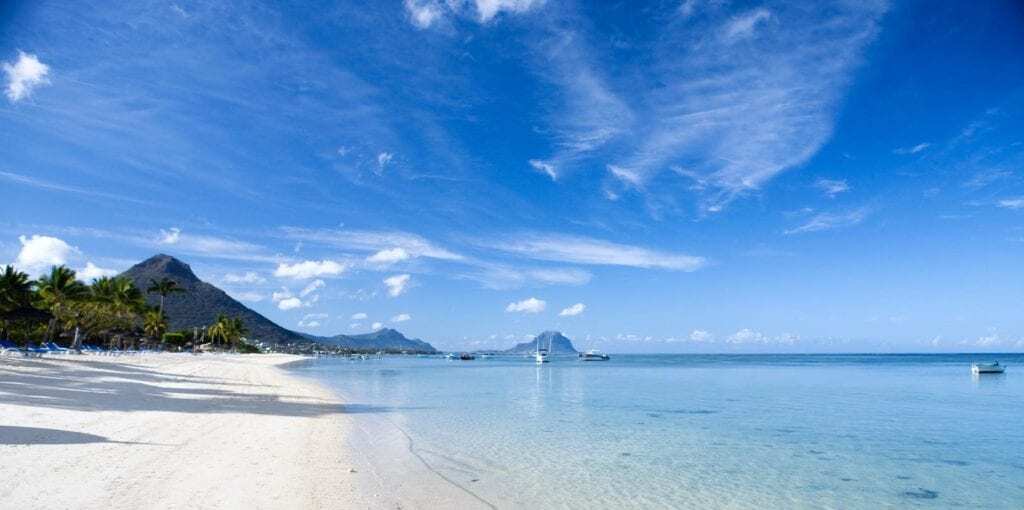
As for shipping to and from Mauritius, which shipping companies generally call there? Do any break bulk ship owners call to the island regularly? Are the Chinese and Indians investing heavily in your country?
Port Louis is the Capital and Port City of Mauritius and is in a strategic position on the fast-growing traffic lane between East Asia and Southern Africa/the Atlantic and not far from the main fishing grounds in the Indian Ocean and Southern/Antarctic zone. It is thus not surprising that the major shipping companies connect the island to the rest of the world. These include the Mediterranean Shipping Company, Maersk & Safmarine, Pacific International Lines, K Lines & CMA-CGM.
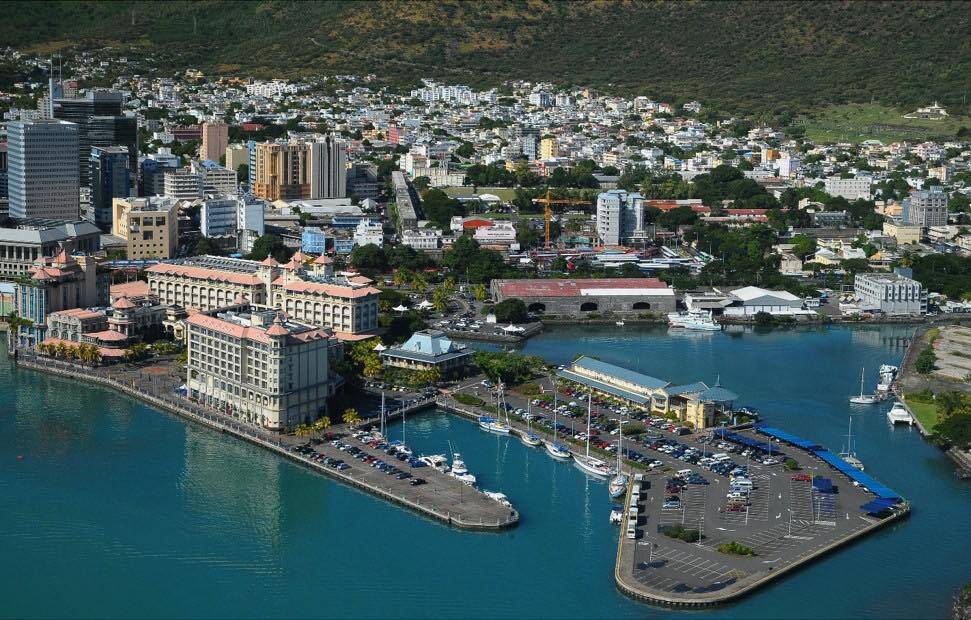
Currently, project cargo opportunities in Mauritius and the Indian Ocean Islands is limited to the few turbines for power generation. However, as mentioned earlier, infrastructure projects are on the rise. The need for better ports, airports, roads, bridges and railway services are actively being catered for. Mauritius will start the construction of its metro-express later this year, with an investment exceeding USD 500 million.
Big strides are being made towards capacity building and transforming Mauritius into a serious service and manufacturing hub for the region. To this end, the “Chantier Naval de L’Ocean Indien” (CNOI) was recently set up at Port-Louis and is one of the largest and most modern shipyards in the region. The shipyard, covering some 60,000 m2 in area include a 130 m X 27 m drydock, a ship elevator for vessels weighing up to 1,400 tonnes, over 350 metres of repair/outfitting quays, lifting & hauling facilities including a 100 tonne capacity mobile crane and a 50 metre X 20 metre covered building berth.
There are also several mechanical and electrical workshops attending to steelwork, welding, piping, hydraulics, surface treatment, painting, air conditioning, refrigeration, cabling, woodwork and other specialised items.
The shipyard has rapidly established itself as a very useful supporting facility for ships plying in the region and is now well recognised for its state-of-the-art engineering, best-in-class practices and dedicated & talented 300-strong workforce.
Just a few weeks ago, the CNOI launched two roro vessels entirely built in their shipyard in Mauritius. The vessels are destined for the French administered island of Mayotte. The first vessel being an amphidrome, 40 meters in length and took less than 24 months for its construction.
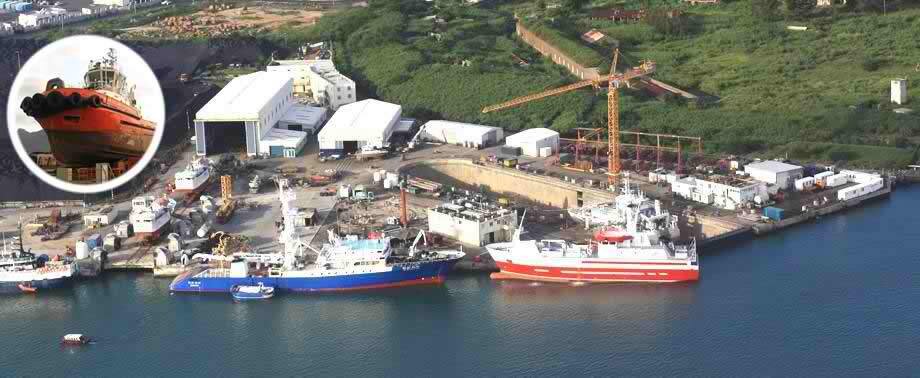
India and China are important trading and investment partners of Mauritius. Economic ties with both countries have strengthened over the years and this have contributed much towards the economic growth of Mauritius. Investment from Asia has known a significant increase with the cumulative average over the past 5 years amounting to USD 130 million annually. Besides, both countries have joined hands with the Government of Mauritius for project financing and providing technical expertise encompassing the development of modern and high-tech infrastructure including the implementation of the Metro Express landmark project, port development and the development of Smart Cities in Mauritius, amongst others.
Both India and China have engaged with the Government of Mauritius in using Mauritius as a Hub for the continent. India and Mauritius will be finalizing the CECPA (Comprehensive Economic Cooperation and Partnership Agreement) in the next few months to further encourage Indian operators to use Mauritius as the gateway to the continent.
On the other hand, China is investing in the freeport area of Jin-Fei, next to Port-Louis, and the Bank of China has recently set up a unit in Mauritius to better support infrastructure development in the region.
The airport of Mauritius that can already accommodate over 3 million passengers will be further expanded to ensure we meet our continental aspirations to be a link between Asia and Africa.
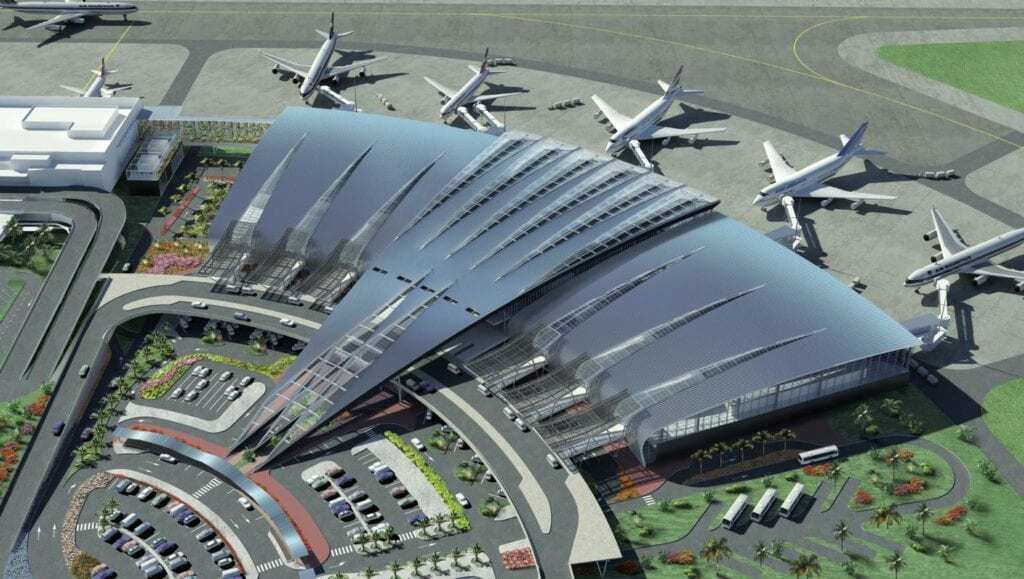
Simply contact the BOI: contact@investmauritius.com
Or myself: vinay.guddye@investmauritius.com
Tel: +230 2033888
Interviewee:
Vinay Guddye
Head of Department – Outward Investment
vinay.guddye@investmauritius.com
Invest Mauritius
http://www.investmauritius.com


